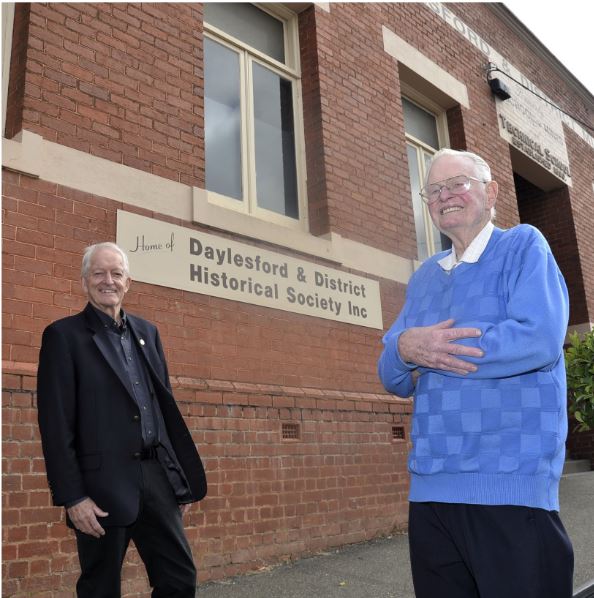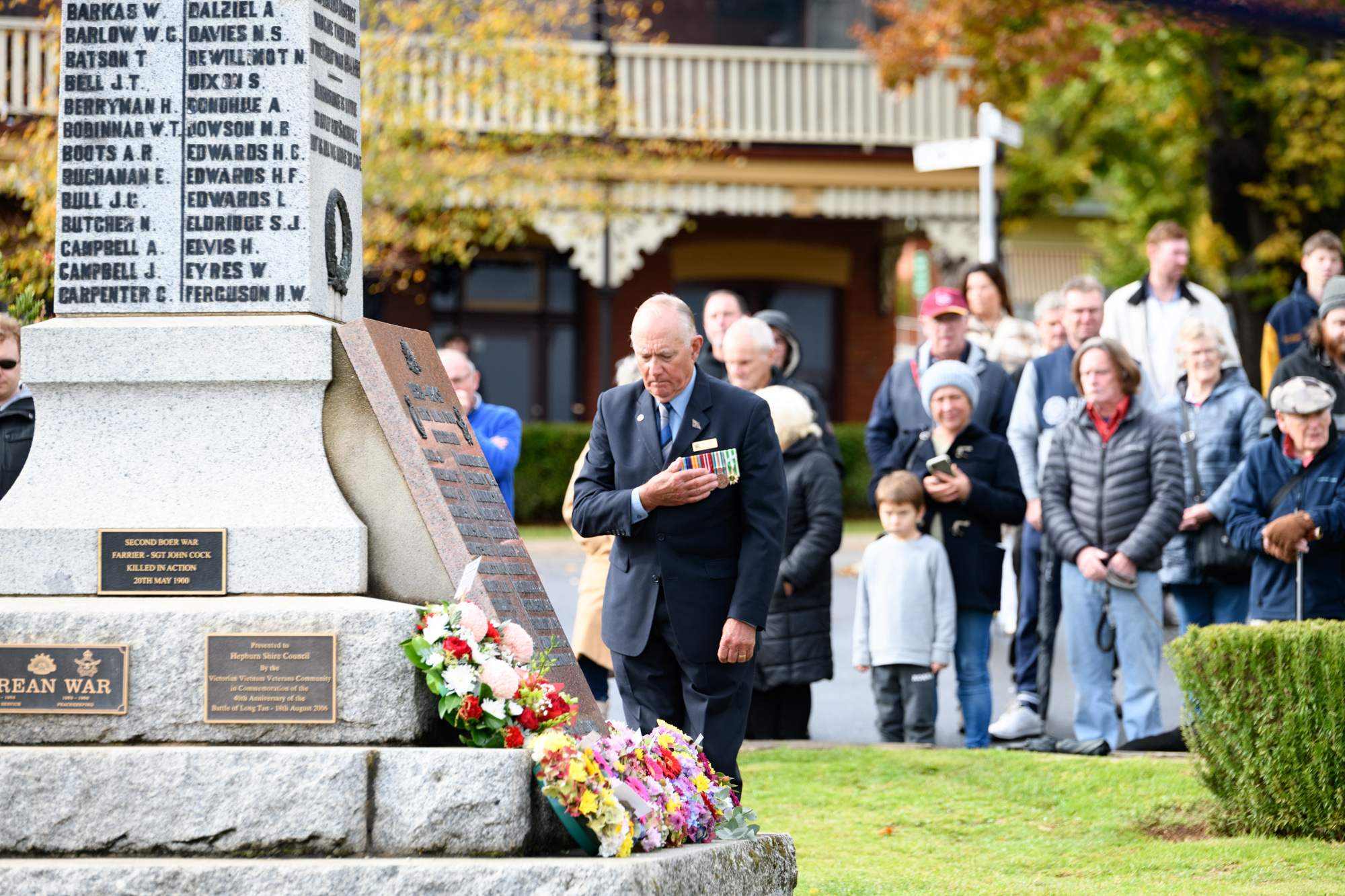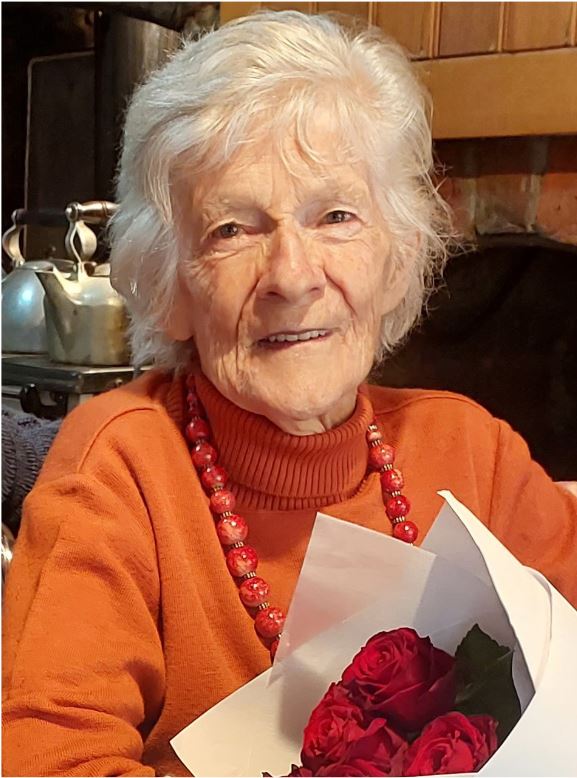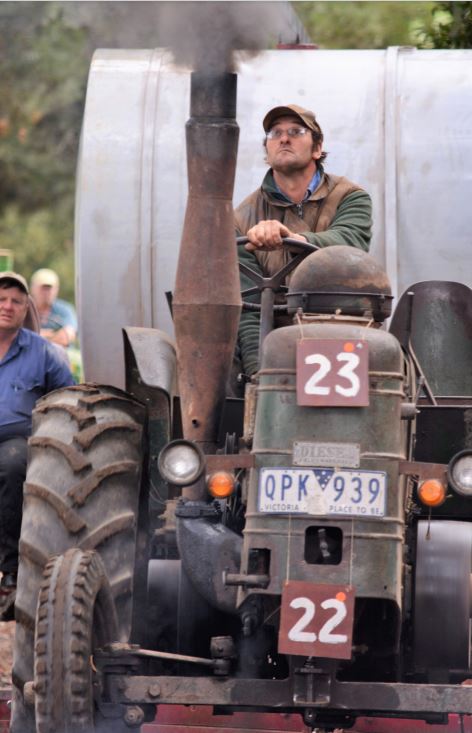August 9th, 2020From out of the pandemic, humane hope
It’s no small irony, then, that the forced shutting of meatworks means that Tammi, of Jonai Farms, Eganstown, brought forward her long-held ambition of running a small-scale abattoir.
With COVID-19 temporarily bringing down the shutters at places such as Diamond Valley Meats at Laverton she, too, faced having to close. But a reopening gave her a reprieve
Her previous consignment of eight pigs just beat the shutdown, so she reignited plans for an on-farm abattoir in a former container. It’s a project that she is glad to say has state government backing, which included a study trip with her husband Stuart to her US homeland, in 2017, 18 years after leaving.
Here, small regional abattoirs have steadily closed, forcing farmers to send their sheep, cattle and pigs long distances, with increased stress.
To open an abattoir she of course needs a meat inspector’s licence. “This will mean a big change, it’s a movement,” she says. “A lot of other livestock farmers are talking about it. They are all keen on an abattoir.”
She puts the cost at between $60,000 and $100,000. “It’s a simple set-up.”
Jonai Farms runs up to 110 heritage breed large black pigs and 20 speckleline cattle, which roam over 28.5 hectares. She describes her nine-year-old property as a paddock-to-paddock community-supported agriculture set-up where the surplus from the boning room is processed to grow a small commercial crop of garlic. Almost all the beef, pork and smallgoods are sold to 80 households in the region and Melbourne.
“When we shifted to an entirely waste-fed feed supply from our local brewery and other produce from other surplus yield, we thought we had exited commodity feed production,” she says.
But overnight most of her food sources dried up, because when pubs shut so did breweries, whose waste fed her pigs.
“We’re still receiving occasional container loads of muesli bar ingredients among other diverse oddities, as food waste in fact just got worse with the sudden disappearance of food service.”
The nutritional quality of the feed took a steep dive, however. Previously, livestock were fed surplus, damaged, or unwanted produce from other food and agriculture systems in Victoria, such as brewers’ grain, eggs and milk, which meant organic waste was diverted from landfill.
Intriguingly, after reading Peter Singer’s renowned book Animal Liberation, Tammi became a vegetarian. This lasted 10 years, because it was not meat she objected to, but the way animals are slaughtered, something she now has a chance to begin rectifying.
The parents of three children aged 16 to 20, Stuart and Tammi have academic backgrounds, hers in cultural studies. Her analysis shows that the low margins of most abattoirs in the best of times, means it is likely that many may not be able to continue in the face of a prolonged shutdown. And so a more humane abattoir draws nearer.
Words: Kevin Childs | Image: David White









